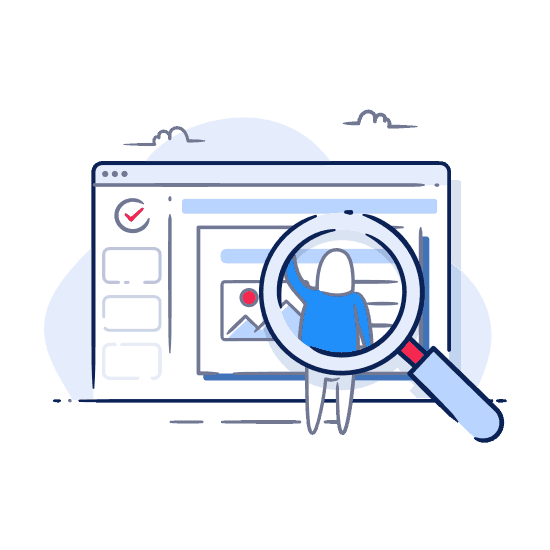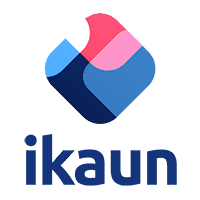We’ve all heard the cliché “knowledge is power.” The interesting thing about clichés, however, is they’re usually based on fact. When you consider the importance of organizational knowledge in the business world, it’s clear the phrase is true.
In business, entire strategies are tied to what those in an organization know and understand. But capturing and retaining this intellectual capital in an organization is a challenging process. That’s why executives often find organizational knowledge siloed and connected to single projects, departments, or individuals.
Being easily able to sift through this data is imperative to improve corporate productivity. More important, if those within an organization don’t benefit from knowledge capture and sharing, they’re likely to repeat past mistakes. But how can they gather and use that information in the first place? Through knowledge management (KM).
Understanding the importance of KM
KM is “The systematic process of acquiring, organizing, and communicating the knowledge of organizational members so that others can make use of it to be more efficient and productive,” and entire methodologies use organizational knowledge as a backbone. For example:
- The scientific process includes the stepping-stone of prior research to grow theorem.
- The software development field uses programming documentation to help developers understand code behind digital products.
- The entire field of law is built from the organizational knowledge of legal findings establishing precedent.
So, why does this matter for your company?
KM is a way to capture data in an organized way to improve business decision-making capabilities. Knowledge is data and tools but also the shared experience of learning from activities. It’s a way to capitalize on all the experience and information housed within the people and processes in a business. Together, this shared knowledge provides the fuel for actionable decision-making insights.
KM benefits include:
- Improved productivity
- Increased staff training
- Improved productivity by not having to “reinvent the wheel” at the start of each process or project
- Reduced operating costs through streamlined processes
- More personalized customer service
- Increased sales
- Better communication between cross-departmental teams
- Reduced employee frustration
Your organization’s knowledge and intellectual property is a huge asset. Unfortunately, mid-size and enterprise organizations often grow too rapidly for executives to put a methodically systematic way to capture this shared knowledge into place. Executives in smaller companies rarely have the time to even begin the process. As a result, employees or departments end up siloing their information as the company expands. When staff turnover occurs, others in the company lose access to knowledge and often have to recreate it from scratch. It’s a redundant and frustrating time-waster in most companies.
On the other hand, if executives do attempt to capture knowledge, they may not be able to maintain the effort over time, so tools like data warehouses quickly grow cluttered and disorganized. The good news is that a new breed of KM software exists today that can capture, update, and maintain this crucial organizational knowledge.
Today’s KM software
Cutting-edge KM software platforms are designed as cloud or on-premise solutions for executives seeking to preserve intellectual capital. These agile platforms offer a single location for housing data and processes. Within KM software, you’ll find several tools that you can apply across the organization, including:
- Customer relationship management (CRM)
- Artificial intelligence (AI)
- Workforce optimization (WFO)
- Enterprise resource planning (ERP)
- IT service management (ITSM)
These tools can help those within your organization build a shared understanding of the importance of employee knowledge. With KM software, executives can create a true knowledge-based culture that streamlines efficiencies in terms of the people, processes, content, technologies, and governance structures of the entire company.
Looking for an easier way to update and maintain your company’s thought currency? Ikaun Knowledge Management can help. Contact us for more information or to begin your free trial.
Key Features
Ikaun was built to help organizations easily create, discover, and use knowledge to enhance employee productivity and increase business outcomes.

Experience Finder
Leverage your organization's collective experience for better decision making; easily search for internal experts by skill sets, industry expertise, and more.

AI-Enhanced Search
Ikaun’s Intelligent-Knowledge-Assistant searches through your ikaun environment and other connected systems to help answer FAQs, find people, find assets, or support complex research scenarios.

Profiles
Create easy-to-read profiles that include biography, skills / expertise, employment history, certifications, affiliations and other key information about your employees.

Proposal Generator
Leverage experience already unified in your ikaun platform to create beautiful on-brand proposals and pitches in minutes.

Knowledge Campaigns
Deploy knowledge campaigns to inform employees about active pursuits, new clients, or firm news.

Integrations
Connect your document management systems, CRM, and other popular applications with ease and confidence.





